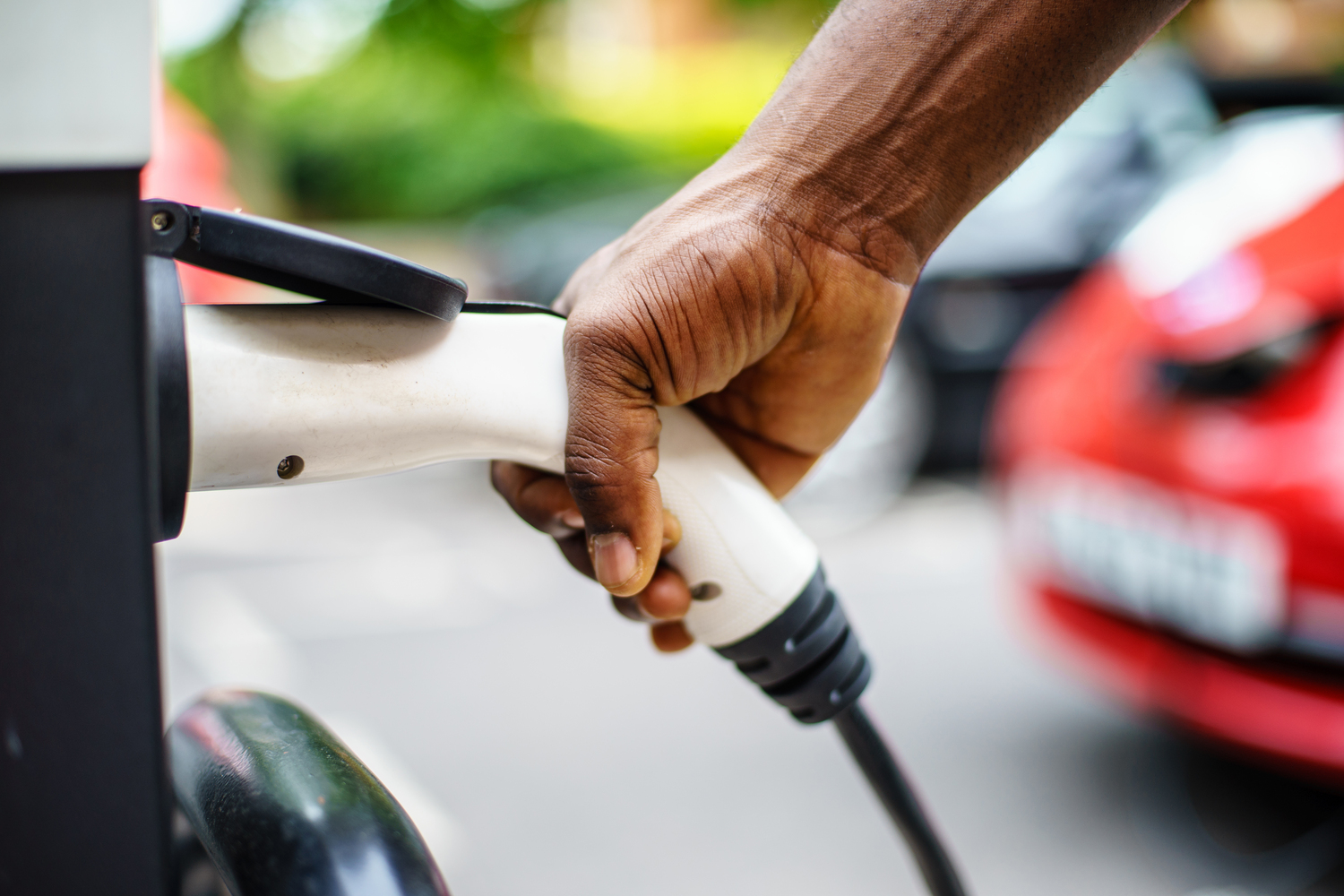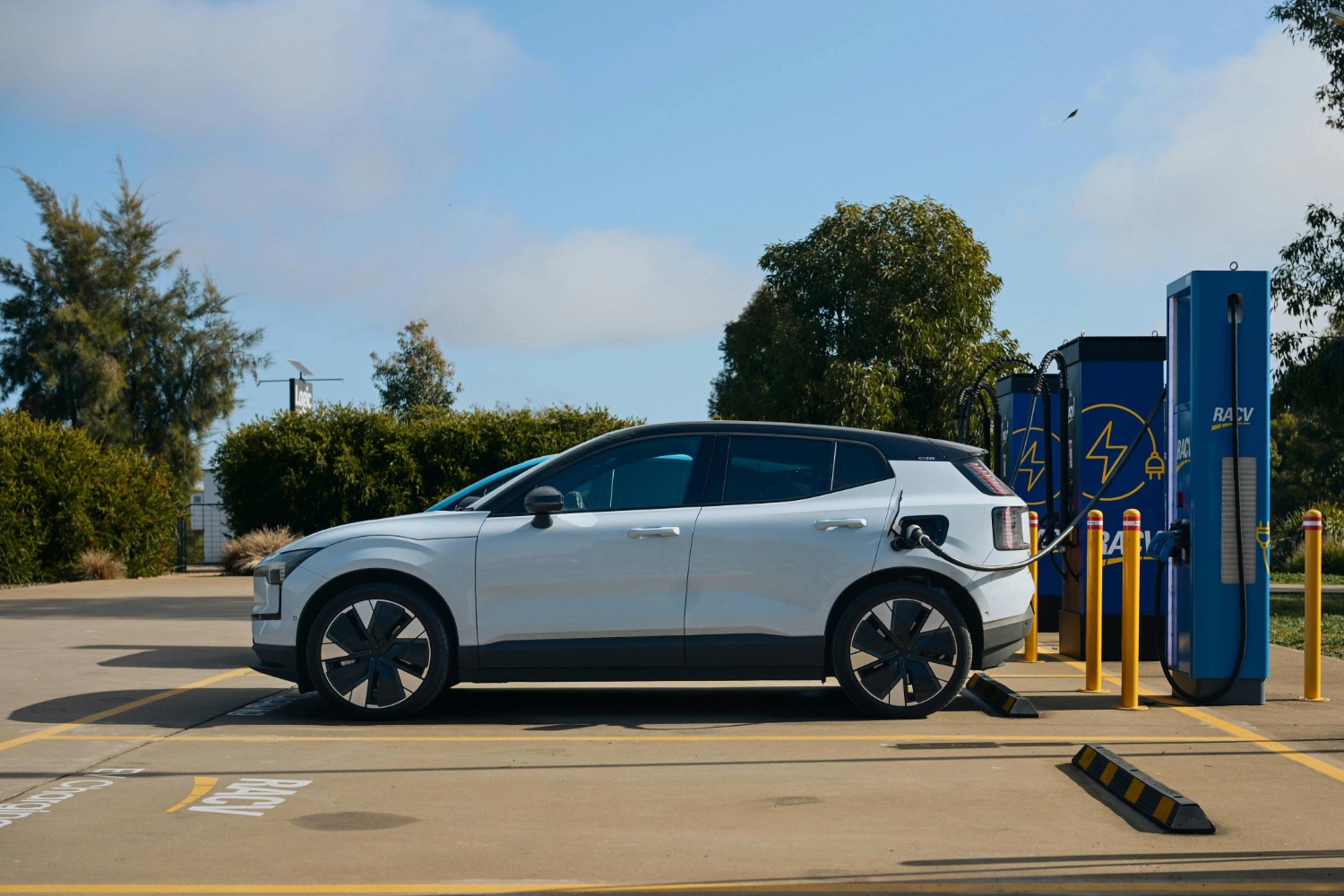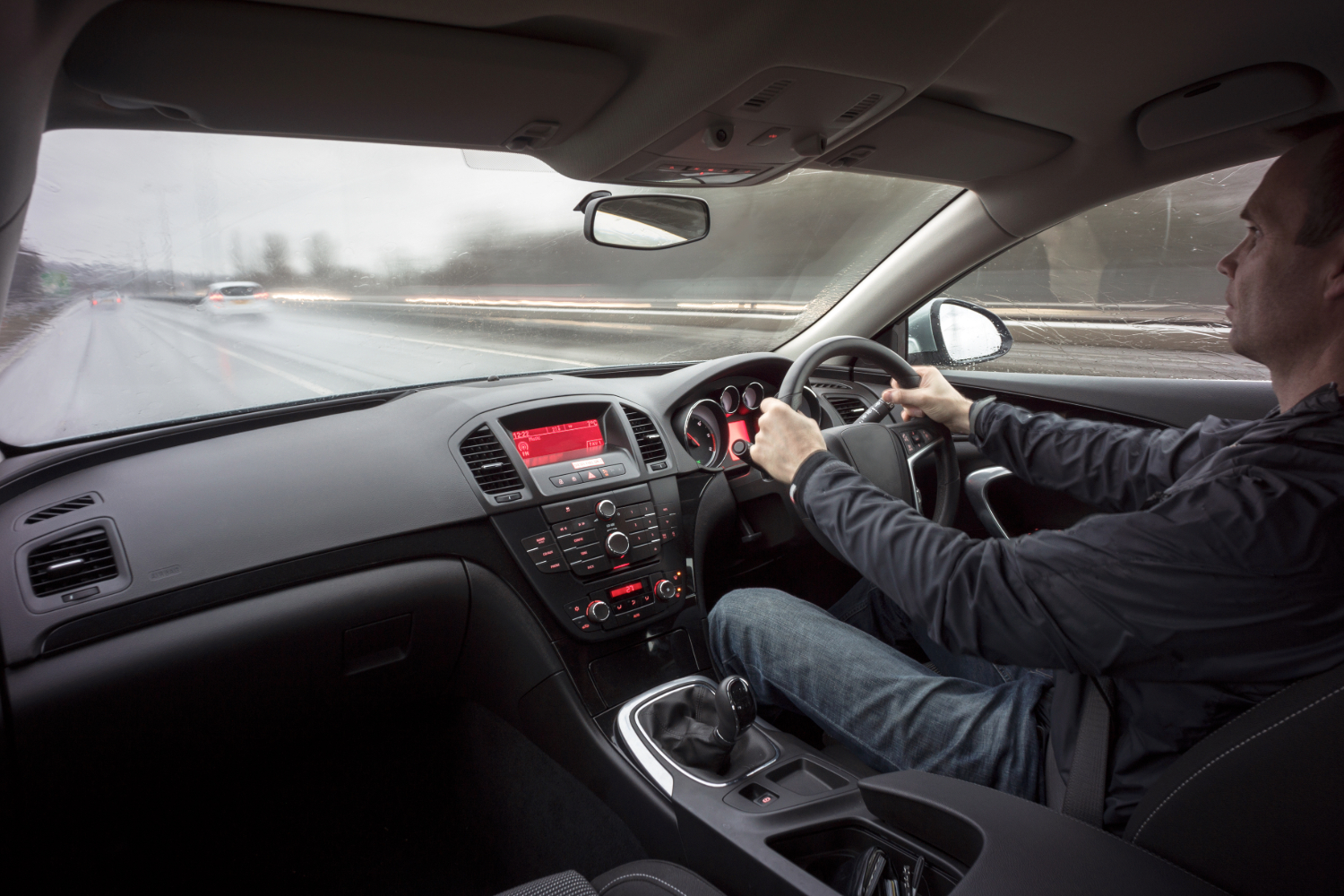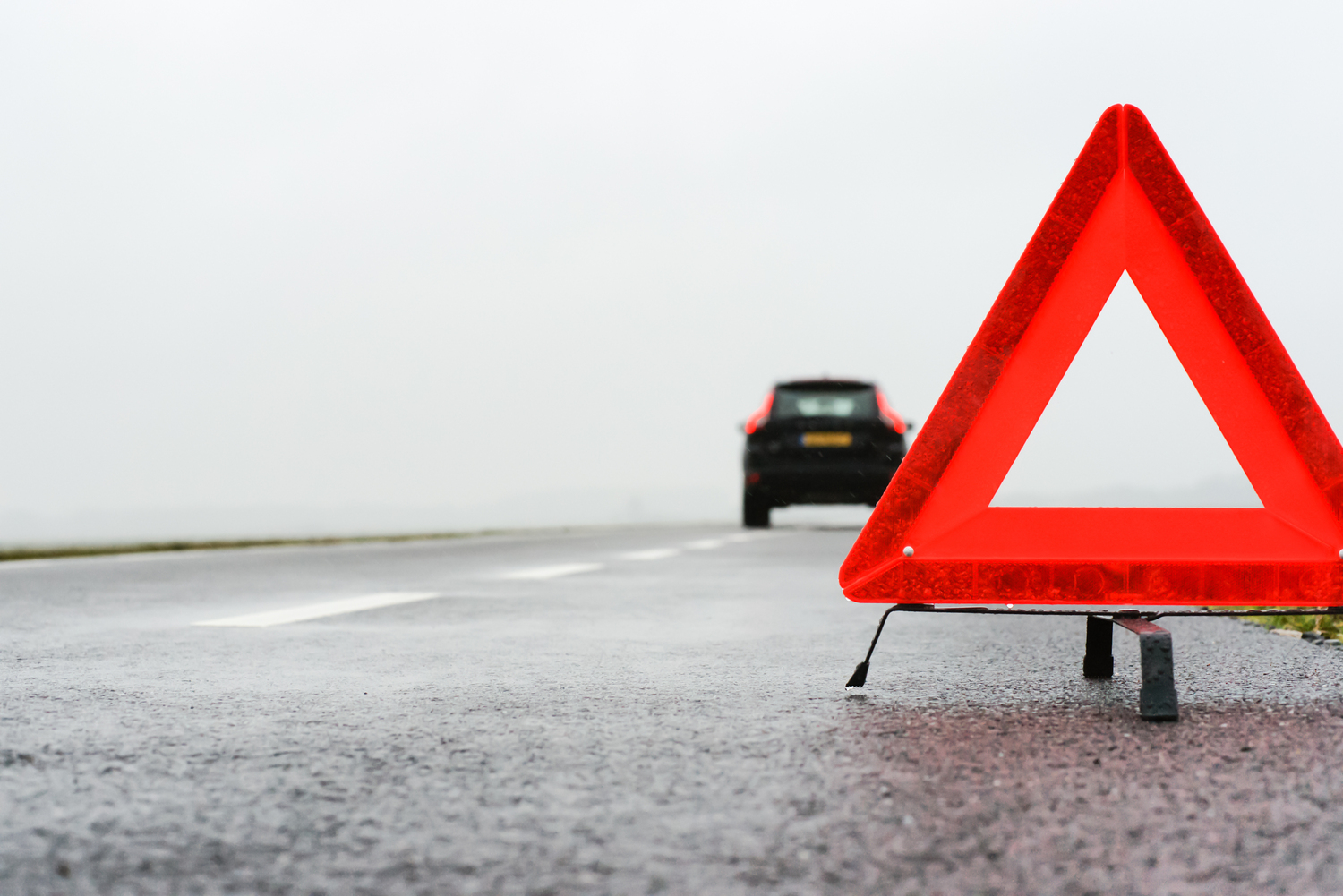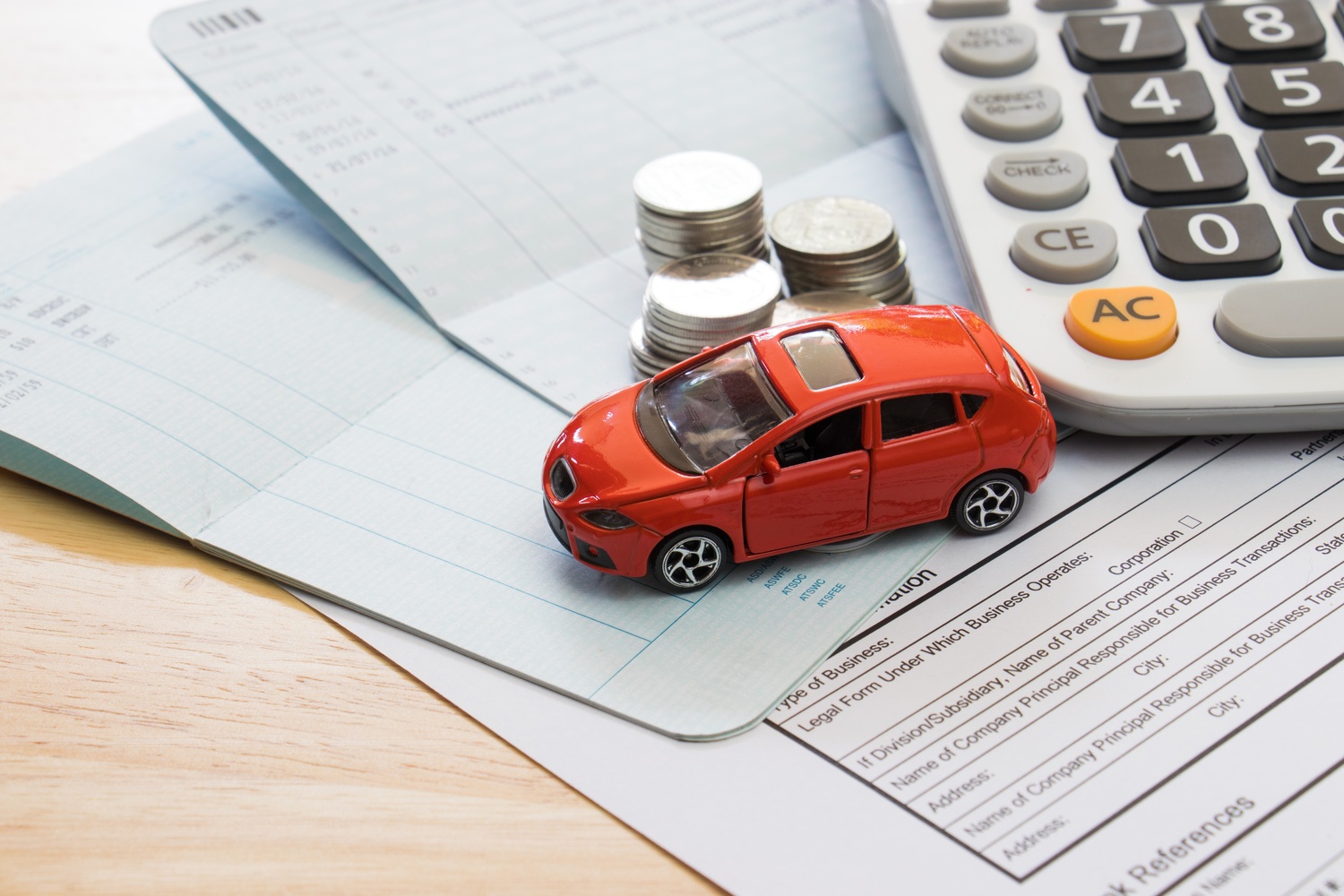This article was published on 3 February 2026. At the time of publishing, this article was true and accurate, however, over time this may have changed. Some links may no longer work. If you have any concerns about this please contact us.
With electric vehicles (EVs) becoming part of everyday life, many UK drivers – including those in the Armed Forces and emergency services – are asking: is now the right time to switch?
From government incentives to lower running costs, there are strong reasons to consider going electric. In this article, we’ll explore the current incentives, practical benefits, and how Forces Mutual can support you with car insurance tailored to your needs.
Why Consider an Electric Car?
Electric vehicles offer practical and financial benefits beyond reducing your carbon footprint:
- Lower running costs – Electricity is generally cheaper than petrol or diesel, and EVs typically need less maintenance.
- Clean Air Zone exemptions – EVs are often exempt from charges in low-emission zones.
- Congestion Charge changes from 2026 – Until the end of 2025, battery-electric cars were fully exempt from the London Congestion Charge. Since 2 January 2026, this full exemption has ended: electric cars now must pay the Congestion Charge but can receive a discounted rate (for example a 25 % discount via Auto Pay), meaning EVs will still pay less than petrol/diesel vehicles when driving in central London.
- Government grants – While some schemes have ended, others still offer support for home charging installations.
Current Incentives for UK Drivers
There are numerous electric car incentives available:
The government’s new Electric Car Grant launched in July 2025 and offers up to £3,750 off the cost of a new electric car, helping more drivers make the switch. The initiative also supports sustainable manufacturing across the automotive sector. The grant is only available for vehicles that have been approved as eligible and the list of cars/vehicles eligible for the grant can be found here: Eligible Grant Vehicles. It’s worth noting that the list is regularly updated and you don’t need to apply for it – your car dealer or manufacturer will handle this for you.
The EV Chargepoint Grant offers up to £350 off the cost of installing a home charger, available to anyone who owns and lives in a flat or rents and lives in a residential property. Please note that is grant is not available on military bases or Ministry of Defence (MOD)-provided quarters. The MOD has been installing EV charging points at various sites to support its non-combat vehicle fleets and personnel. It may also be possible to have an EV charge point fitted at your Service Family Accommodation (SFA), but please check local availability.
Is It the Right Time for You?
Switching to an electric car is a personal decision, but with fuel prices remaining high and the UK’s plan for all cars to be 100% zero emission by 2035, now could be an ideal time to consider the move.
EV technology and charging networks continue to improve, making electric driving more practical whether you’re commuting to base, travelling between stations, or planning family trips.
Protect Your EV with Forces Mutual Car Insurance
Whether you’re already driving electric or just exploring your options, having the right protection matters. Forces Mutual Car Insurance is designed with the Military community in mind, giving you peace of mind, reliable cover and dedicated support.
For more information about Forces Mutual Car Insurance and how you could benefit, visit our Car Insurance page here or call 0151 363 5290
Forces Mutual Car Insurance is provided by ERS.

